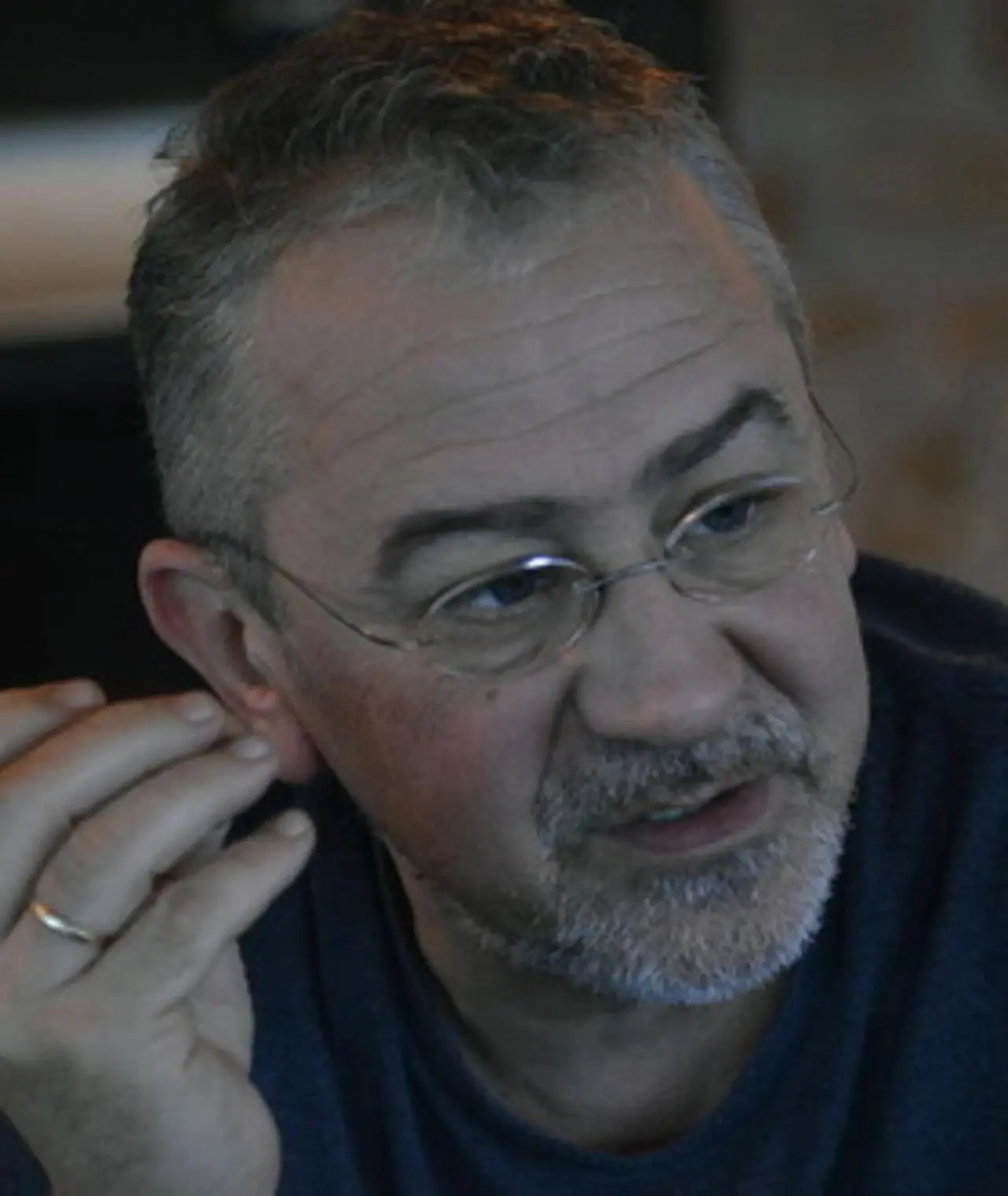Your office shapes your culture and efficiency. Learn how entrepreneurs can build functional, eco-friendly workspaces that grow with their business
Table of Contents
Creating the right office environment is one of the most important early decisions for any entrepreneur. Whether you're launching a start-up or relocating your growing team, a well-designed workspace can boost productivity, support staff wellbeing, and reflect your company values. The good news? You don’t need to overspend to get it right.
Focus On What Really Matters
A smart office isn’t necessarily filled with the latest designer furniture. It’s built around function, comfort, and flexibility. Start by understanding how your team works day-to-day. Do they collaborate often? Do they need quiet zones for deep focus? Or are they mostly remote, only coming in occasionally?
Your answers should shape the layout and the furniture choices. Practicality trumps style every time, especially when the budget is tight. Think about what helps people work better, not just what looks good in photos.
Buy Quality, But Be Selective
Not every piece of office furniture needs to be a premium investment, but for items that directly affect daily comfort and productivity, such as desks and chairs, quality should never be compromised.
These essentials are used for long stretches each day, and poorly designed alternatives can lead to fatigue, discomfort, or even long-term health issues. Ergonomics, adjustability, and sturdiness should be non-negotiable features.
Fortunately, quality doesn’t always mean expensive. With the right supplier, it’s possible to find the right affordable adjustable desk for your workspace that balances functionality with cost-efficiency. The key is to be selective, choosing pieces that support wellbeing and longevity, regardless of whether they’re brand new or thoughtfully repurposed.
Make Sustainability A Priority
Sustainability is more than a trend: it is becoming a business standard. Clients and staff increasingly expect eco-conscious decisions, and your office setup is a great place to start.
Choosing second-hand office furniture significantly reduces waste and carbon emissions. It is also often more affordable and readily available than brand-new items. Just be sure to work with suppliers who check and refurbish items to meet quality and safety standards.
Incorporating reused, recycled, or repurposed materials into your fit-out sends a strong message about your company’s values, while saving you money and reducing your environmental footprint.
Plan For A Hybrid Future
Today’s workplaces are no longer one-size-fits-all. Hybrid working has shifted the way teams use office spaces, with fewer assigned desks and a greater need for shared workstations and tech-enabled meeting rooms.
This means designing offices that support both in-person interaction and remote collaboration. Equip your space with video call-friendly setups, reliable connectivity, and consider hot desking arrangements or flexible workstations for staff who use the office intermittently.
This approach also reduces your physical footprint, which is ideal for startups wanting to minimise overheads while remaining adaptable.
Design With Flexibility In Mind
As your business evolves, so will your workspace needs. That is why adaptability should be built into your setup from the start.
Opt for modular furniture that can be easily rearranged, added to, or reconfigured. Choose tables that can double as meeting desks, seating that works in both break and focus areas, and storage that can be moved or expanded as required.
Creating distinct zones, like quiet areas, collaboration hubs, and touch-down spots for visiting staff, can make your space work harder without needing more square metres.
Smarter Workspaces, Stronger Businesses
A well-considered office setup is more than just desks and chairs: it is an investment in your team, your brand, and your business’s future. By combining smart planning with practical choices, you can build workspaces that are efficient, flexible, and ready to grow.
Senior Marketing Consultant
Michael Leander is an experienced digital marketer and an online solopreneur.
